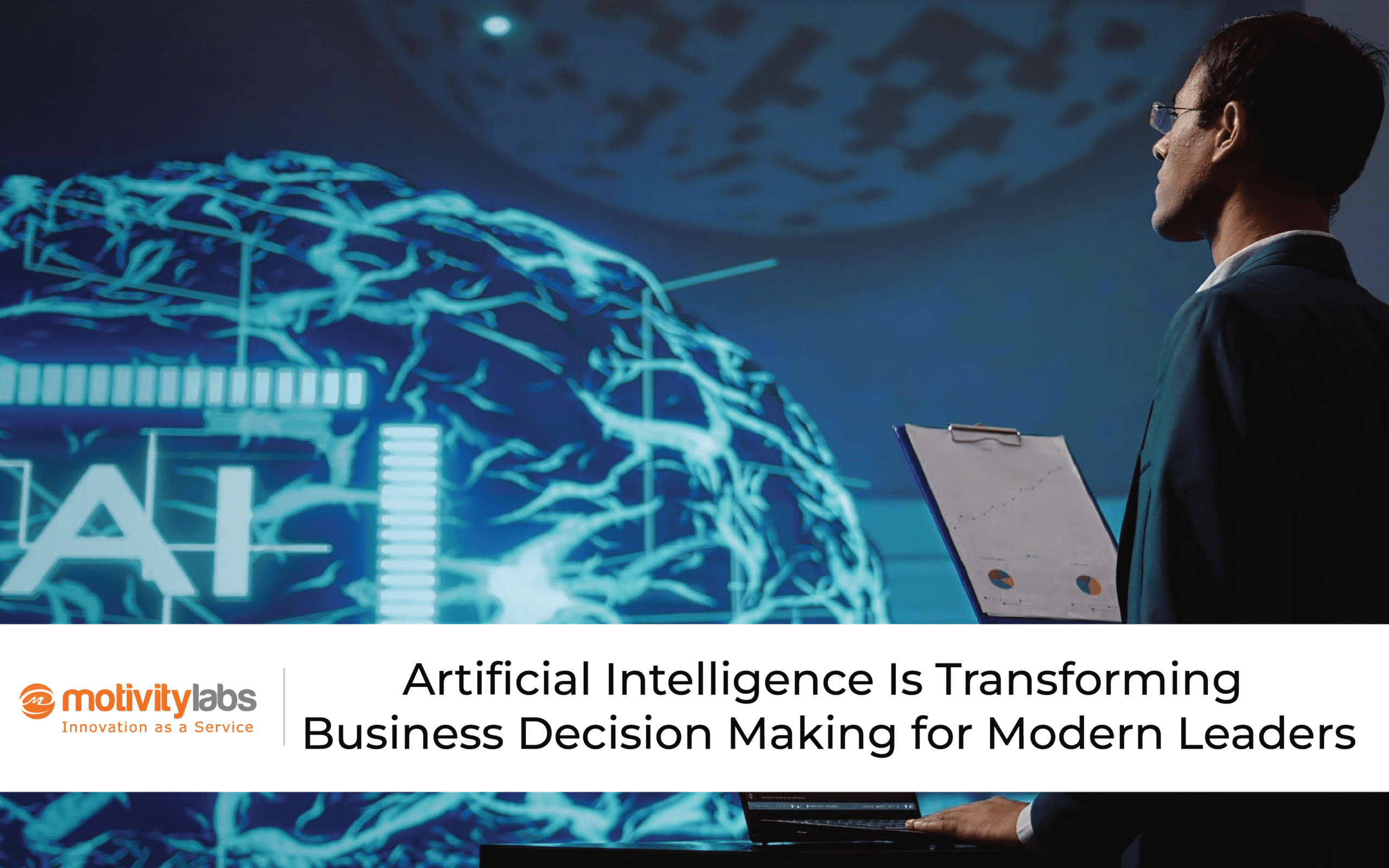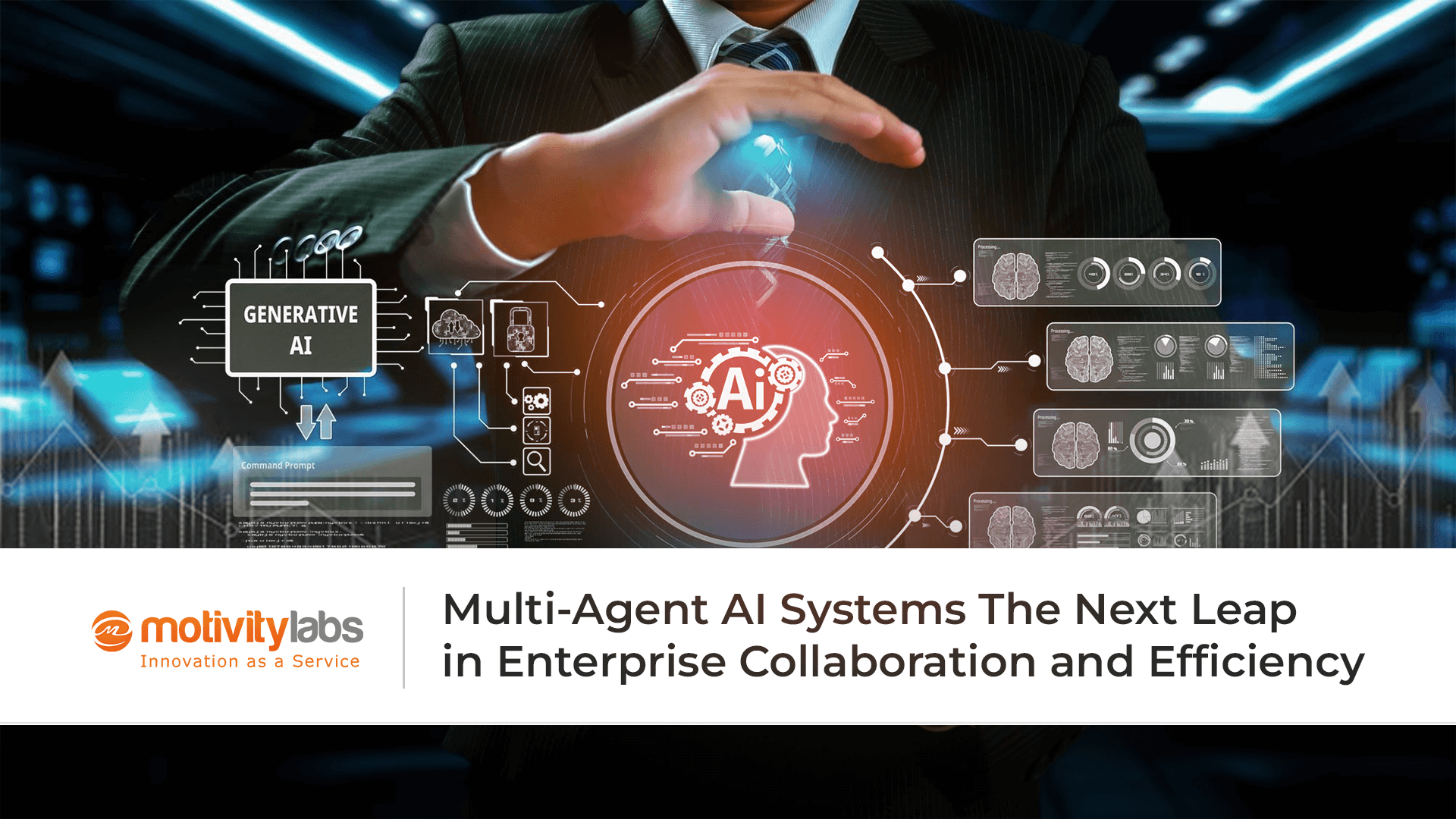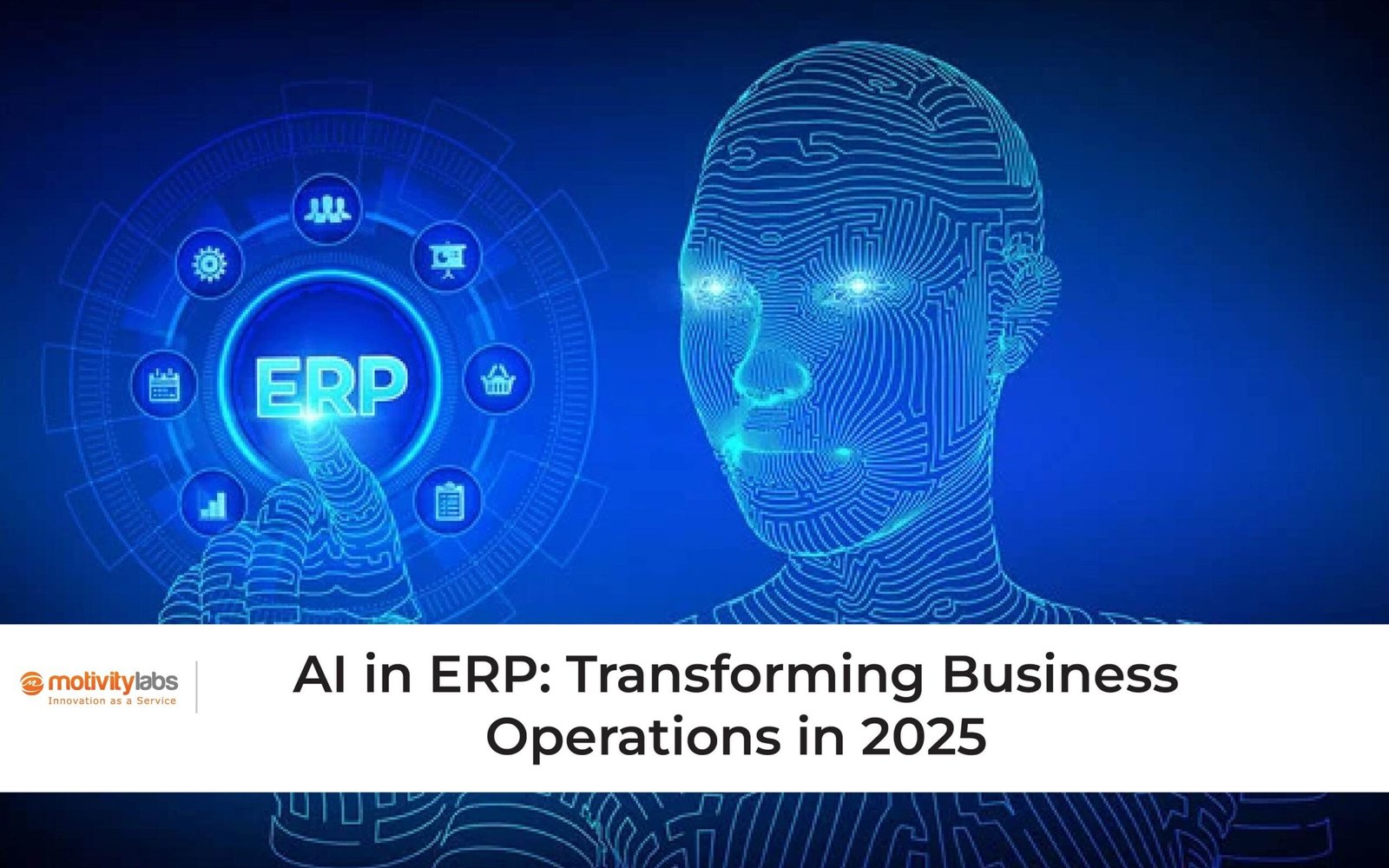Artificial Intelligence has moved far beyond buzzword status. It now powers some of the most critical business decisions made by modern leaders. From predictive analytics to intelligent automation, AI empowers executives to make informed, faster, and data-driven decisions across various industries.
Leaders no longer rely solely on intuition. AI-powered insights are guiding corporate strategy, product development, customer experience, and operational efficiency. Businesses that fail to adapt risk falling behind as their competitors evolve with greater agility and foresight.
Table of Contents
The Rise of Data-Driven Leadership
Executives used to make decisions based on experience and past performance. In the current competitive environment, that approach is no longer sufficient. The volume, velocity, and variety of data have grown beyond human capability. Artificial Intelligence bridges the gap between raw data and strategic action.
Algorithms analyze structured and unstructured data in real-time. Leaders receive visualized outputs, enabling them to identify patterns, forecast outcomes, and refine their strategy. This shift from reactive to proactive leadership marks a critical evolution in how organizations operate.
Gartner reports that 91% of businesses have ongoing investments in Artificial Intelligence, with 37% already implementing AI in some form. The message is clear: those who leverage AI gain a competitive advantage.
Enhancing Strategic Planning and Forecasting
Artificial Intelligence enhances forecasting by removing human error and bias from traditional models. Machine learning models adapt with every new data point. This creates forecasting systems that improve accuracy over time.
Retailers leverage AI to forecast demand, streamline supply chains, and fine-tune pricing strategies. Financial institutions rely on AI for market trend analysis, credit scoring, and risk management. Manufacturers deploy predictive maintenance algorithms to avoid costly downtimes.
AI removes guesswork from strategic planning. Decision-makers access real-time dashboards that highlight risks, uncover opportunities, and reveal potential impacts. The result is faster, smarter, and more confident business planning.
Boosting Operational Efficiency
Businesses are deploying AI to streamline internal processes. AI optimizes logistics, automates repetitive tasks, and improves resource allocation. Leaders gain visibility into inefficiencies that may have gone unnoticed. AI-powered tools manage scheduling, inventory, workforce optimization, and even energy consumption.
Chatbots and virtual assistants handle routine support, freeing human employees to focus on value-added tasks. Companies adopting AI see measurable improvements in productivity and operational agility. In fast-moving markets, these gains often translate to improved customer service and higher profits.
Improving Customer Experience
Modern consumers expect fast, personalized, and seamless interactions. Artificial Intelligence enables companies to meet those expectations.Recommendation engines suggest relevant products based on browsing behavior. AI chatbots respond instantly to customer inquiries 24/7. Natural language processing (NLP) uncovers insights from customer feedback across multiple channels.
AI-powered sentiment analysis informs product development and marketing strategies. Leaders no longer guess what customers want; they know. This customer-centric intelligence fuels retention, loyalty, and lifetime value. Netflix, for example, uses AI to personalize user experiences based on viewing history. This approach drives engagement and reduces churn, proving the value of data-driven personalization.
Empowering Human Capital Decisions
Talent management has become a critical priority for organizations competing for skilled workers. Artificial Intelligence helps HR departments make better hiring, training, and retention decisions.
AI reviews resumes, assesses candidate fit, and predicts job performance. The system identifies skill gaps and recommends upskilling opportunities. Burnout risks are also detected, with suggested interventions to support employee well-being.
Workforce analytics help leaders monitor employee engagement, productivity, and attrition trends more effectively. This data informs culture, leadership development, and workforce planning. AI does not replace human judgment in HR; it enhances it. Leaders make more informed and fair decisions that align talent strategy with business goals.
Enabling Risk Management and Compliance
Risk mitigation requires speed and accuracy. Artificial Intelligence monitors threats in real-time, whether financial, operational, or cyber-related. In finance, AI flags suspicious transactions to prevent fraud. AI-powered cybersecurity systems detect anomalies that could signal potential data breaches.
For legal compliance, it scans documents to identify regulatory inconsistencies. These systems work continuously and improve with every interaction. Leaders gain peace of mind knowing risks are being proactively managed. Compliance officers use AI to stay ahead of changing laws and reduce the burden of manual audits.
Driving Innovation and Competitive Advantage
Artificial Intelligence fosters a culture of innovation. It empowers teams to experiment, test ideas, and move quickly from concept to prototype. R&D teams use AI to simulate product performance before conducting physical tests. Marketing teams use it to A/B test campaigns and optimize messaging. Executives use AI to identify trends before they become mainstream.
The speed at which organizations can pivot and innovate often determines market leadership. AI-powered innovation allows businesses to disrupt rather than be disrupted.
Industry Applications of AI in Decision-Making
Artificial Intelligence is reshaping industries by enabling faster, data-driven decisions tailored to specific operational challenges. From healthcare to finance, AI tools are helping leaders optimize performance, manage risk, and deliver better outcomes.
Healthcare
AI enhances diagnostic accuracy, streamlines treatment planning, and improves patient triage efficiency. Hospital administrators use it to allocate resources and reduce costs while improving care quality.
Finance
Banks use AI for fraud detection, credit scoring, and investment management. Algorithmic trading systems make split-second decisions based on real-time data.
Retail
AI analyzes purchasing behavior to forecast demand and optimize inventory. Retailers personalize promotions and automate customer service through AI systems.
Manufacturing
Predictive maintenance and quality control reduce defects and operational disruptions. Robotics and AI combine to enhance productivity and precision.
Each sector uses AI in distinct ways, but the core benefit remains the same: intelligent, faster decision-making. AI empowers leaders to act with greater confidence and clarity. It helps achieve a range of objectives, including streamlining operations, enhancing customer experience, and mitigating risks.
Ethical Considerations for Leaders
As AI becomes central to decision-making, leaders face ethical challenges. Bias in algorithms, data privacy, and accountability must be addressed. Transparent AI governance ensures decisions are explainable and fair. Leaders need to understand how AI systems work and ensure human oversight. Building trust in AI starts with ethical deployment and continuous monitoring.
Regulations like the EU’s AI Act will require companies to prove AI accountability. Future-ready leaders must prepare for evolving legal and social expectations.
The Role of Modern Leaders in the AI Era
Artificial Intelligence is not a future concept—it’s a current business imperative. It enables modern leaders to transform strategy, operations, and innovation. Those who adopt AI responsibly and strategically position themselves for long-term success in an increasingly competitive and data-driven world.
Motivity Labs partners with organizations to integrate Artificial Intelligence into core business functions. From digital innovation to intelligent automation, their solutions help leaders make smarter decisions at scale. Motivity Labs brings deep expertise in data science, cloud platforms, and enterprise-grade AI solutions. They empower businesses to accelerate transformation, enhance agility, and gain a competitive edge. Their commitment to innovation, scalability, and measurable results makes them a trusted partner for companies navigating the future of AI-powered growth.


